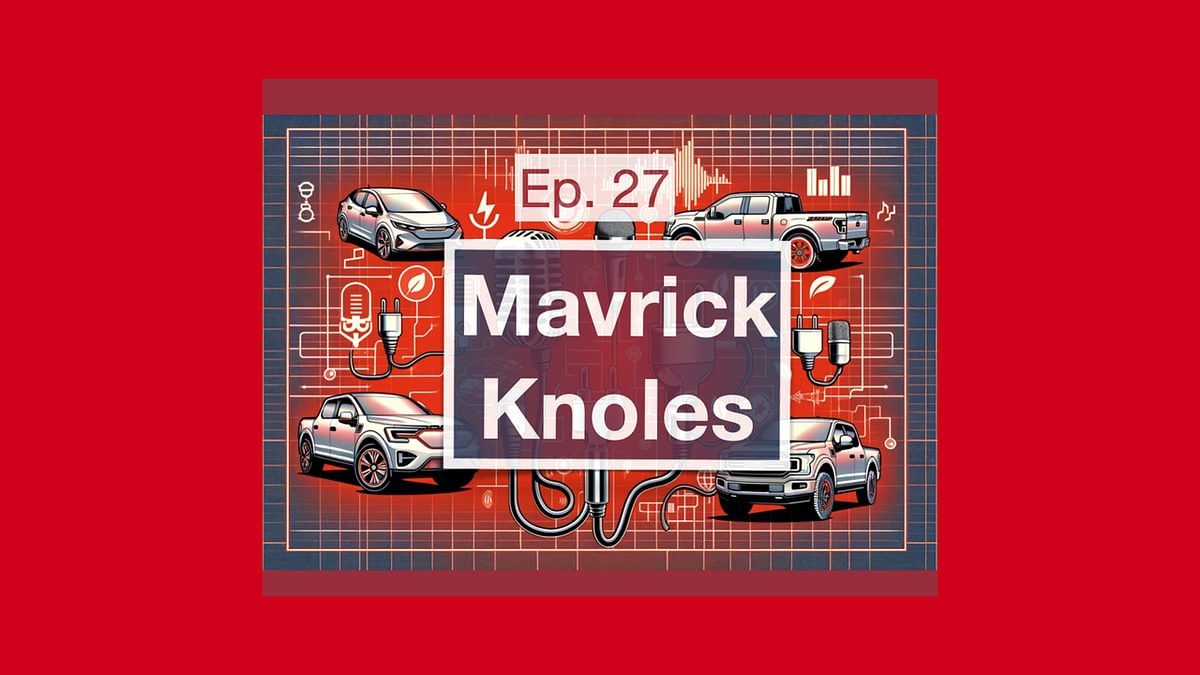
In the rapidly evolving automotive industry, the transition towards electrification is not just a trend but a significant shift in how vehicles are powered and serviced. This transformation requires a new breed of technicians, equipped with the knowledge and skills to handle electric vehicles (EVs). At the forefront of this change is a unique approach to education and training, as we discussed with Mavrick Knoles, the co-founder of Legacy EV, in our latest podcast episode.
The Genesis of a Vision
Mavrick Knoles reveals that when the idea first took shape, the concept wasn't to be just an authorized EV parts supplier. This network aimed to create a trusted community of technicians capable of building and servicing electric cars. Establishing trust with manufacturers and ensuring parts reached knowledgeable hands were pivotal. The foundation of this vision was robust training programs and partnerships with educational institutions to cultivate talent directly from vocational and technical education pathways.
Training as the Core
The emphasis on training is not just about imparting knowledge; it's about preparing technicians for the future of the automotive industry. As the adoption of electric vehicles grows, the need for specialized training becomes increasingly evident. Knoles highlights the importance of hands-on learning experiences, facilitated through innovative training benches, allowing participants to delve into the practical aspects of EV technology. This approach ensures that learners not only grasp theoretical concepts but also gain the confidence to apply them in real-world scenarios.
Bridging the Gap with Online Learning
An interesting development in their educational model is the integration of online programs. These programs are designed to cover the fundamentals of electric vehicle technology, such as Ohm's Law, Watt's Law, and the efficiency of EVs. The goal is to establish a baseline of knowledge before students engage in hands-on training. This strategy optimizes the learning experience, ensuring all participants start on equal footing, thereby maximizing the efficiency of in-person sessions.
Setting Standards for Excellence
A significant part of Knoles' work involves developing and advocating for industry standards. The establishment of the Electric Vehicle Technician Education Council (soon to be renamed the Electric Vehicle Standards Council) is a testament to their commitment to excellence. This council, comprising diverse industry stakeholders, aims to define what it means to be a knowledgeable technician in the EV space. By developing a comprehensive set of standards, the council provides a roadmap for quality training programs and self-regulation, ensuring the highest levels of safety and competency in the industry.
A Collaborative Future
The collaborative efforts of various industry players, from manufacturers to insurance companies, underline the collective goal of advancing the electric vehicle industry responsibly. The council's inclusive approach fosters a community where knowledge and best practices are shared openly, setting the stage for a future where electric vehicles are serviced by highly skilled, knowledgeable technicians.
Conclusion
The transition to electric vehicles is more than a technological shift; it's a movement towards a more sustainable future. Central to this movement is the need for well-trained technicians, a challenge that Kavrick Knoles and his colleagues are meeting head-on. Through innovative training programs, the establishment of industry standards, and a collaborative approach to education, they are not just preparing technicians for the future; they are shaping the future of the automotive industry itself.